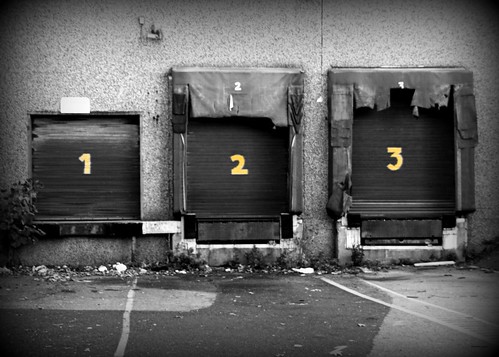
First day of the working year here in Australia. Thought this would be a good day to outline the 3 words that I hope to use as a focus for my research and writing this year.
Last year the key focus words were Craft, Observatory and Community. I am fairly happy with how I went on Craft and Community but not so much with Observatory. Perhaps that should send me a message about trying to measure emergent properties!
Anyway, this year I have chosen 3 words that will hopefully work as individual points of focus – and also as a simple phrase to provide focus.
Theory informed practice.
Let me explain this a little in reverse order.
Practice – I am using the American spelling deliberately. In UK and Australian English we would differentiate the spelling of this word as a noun (practice) and as a verb (practise).
My intent is to use it to focus on the full range of meanings. I am trying to practice my craft – being a blending of risk, resilience and continuity. There is also the craft of writing and presenting that I need to improve.
To achieve this improvement we all need to practice our crafts (rehearsal and repetition). Practice is not an annual exercise, but a daily and weekly routine.
It is also to focus me on the actual practices themselves, the routines, rituals, observances and experiments. What we need to do to achieve our objectives. I hope to be able to explore and expand on all types of practices – Best, Good and Emergent.
But practice does not make perfect, perfect practice makes perfect. Therefore we need to ensure our practice is …
Informed. We can keep ourselves informed by reading commentary (like this blog and others) and by engaging in debate on a range of blogs and online fora.
We can attend conferences, local meetings of professional organisations, even read a book!
I spend more time each week reading than I do writing, which is how it should be.
This focus area is also about helping inform others about their practice. As such it will be significant for me in the first half of this year as I prepare my presentation for the DRJ Spring World Conference and later for a Public Sector BCM conference in Melbourne where I will be presenting an interactive session on “Making BC an everyday activity” and then a half-day workshop on Programme Management for BCM.
Unfortunately if what informs our practice is not based on sound theory, then it will not be sustainable.
Theory – is what we need to build upon to inform our practice.
This focus area will be difficult because there is certainly an anti-intellectual, or anti-academic, bias evident in the Risk and BC fields. And many are currently working to doom the concept of resilience to a similar fate.
Theory requires work, we need to read, understand and think about what we have read. Instead the industry craves simplistic ‘how to’ guides and systems that can be implemented, set and forgotten. Our professional bodies of knowledge are not theory.
Theory helps us to understand what underpins our ‘bodies of knowledge’ and standards. As such it enables us to understand the limitations and how to use them appropriately, as distinct from blindly.
The constant development and debate that exists in the academic world to improve theory has delivered the great advances of science, both physical and social. And I think risk, BC and resilience could benefit by standing on the shoulders of giants for a bit.
“Bernard of Chartres used to say that we are like dwarfs on the shoulders of giants, so that we can see more than they, and things at a greater distance, not by virtue of any sharpness of sight on our part, or any physical distinction, but because we are carried high and raised up by their giant size.” – John of Salisbury
Anybody out there want to share their focus for the coming year?
First steps. Learn the theory formally (Prince 2) and then se first what I have been practising and improve with the earlier learned theory !!